Tell It Like It Is
Do you remember, as an expectant parent, some vague guidance you received? “Get all your sleep now. Buy extra sweat pants.” Or, trying to be helpful, you have advised expectant parents to “nap when the baby naps”. But what do the first sensitive weeks really look like? Did anyone tell you?
‘No One Told Me’ is a documentary film by Zulilah Merry.
She followed one couple immediately after birth and for the next month. Her film honestly portrays the ongoing postpartum transition for one family.
There were significant details that resounded with many of us in the audience. At one point, the new mother, a day or two after birth, is on the phone. She sits in a chair with the boppie pillow on her lap, new baby accoutrements surrounding her. A person on the phone is talking and the new mother begins weeping. “I don’t know why I’m crying” she sobs and finally says, “I can’t talk now, I’ll have to call you next week.”
This new mother weeps often. Just as frequently, her midwife and her friend both repeat “You just pushed a whole human being into the world. It’s normal that you feel overwhelmed.” They’re honoring the fact of the Transition, not just the Birth. The sense of overwhelm is intensely normal (whatever ‘normal’ means) and that can catch one totally off guard.
In another instance, while trying to feed, the baby cries at the mother’s breast. It’s frustrating and the mother breaks into tears. The father holds the baby who, right away, quiets down. The mother weeps more. “What do we do? Why is this so hard? “
The mother asks if this is postpartum depression. She and her midwife talk about what is, and what is not, adjusting well. This mother has the support to ask and discuss this. How important, and what good fortune, to have someone there.
We see how they gradually learn new skills and in time, there are smoother routines. You see their first efforts to go for a walk. After arranging the baby carrier, the baby then poops. The dog waits; they change the diaper in the car, and then rearrange the carrier. Eventually, you see an outing where they have gone out and the mother is easily nursing the baby in the car. One day the mother actually spends time alone with their dog, frolicking outside.
In this family, the mother and the baby are healthy. The couple has a stable relationship, housing, family. The birth took place in the comfort and safety of their home. The midwife visited them there. And significantly, the father had taken a one-month paternity leave. These were critical to navigating this transition.
These were advantages, shouldn’t these be rights?
Imagine one problem during those early months… no heating, a sick partner, huge medical bills. Postpartum parenting support is a House of Cards. Any strong wind or difficulty will cause it to fall apart quickly. The story of this family validates our experiences. It again raises the question “How do families manage without support, time off, consistent care?”
This film focuses on the early postpartum transition. This is an important time in our lives, one of a few, that affects us deeply and that requires care. I’m certain there are male legislators who can relate to some of these scenes. I know there are female legislators who do.
Contact your legislator and share your experience. Give them specific, effective advice. They can’t say we didn’t tell them. We need Paid Family Leave.
Upcoming Screening:
February 26th at Eveningstar Cinema in Brunswick, Maine.
If you are interested in organizing a screening for your community, please feel free to contact Zulilah Merry at info@merryfilm.com.
Save the Date: May 13, 2023 7-9 p.m. at One Longfellow Square in Portland.
The Maine State Breastfeeding Coaltion Story Telling Event: Patchwork of Parenting.
Watch our events page for further information.
Photo credit: Sarah Chai via Pexel.com
